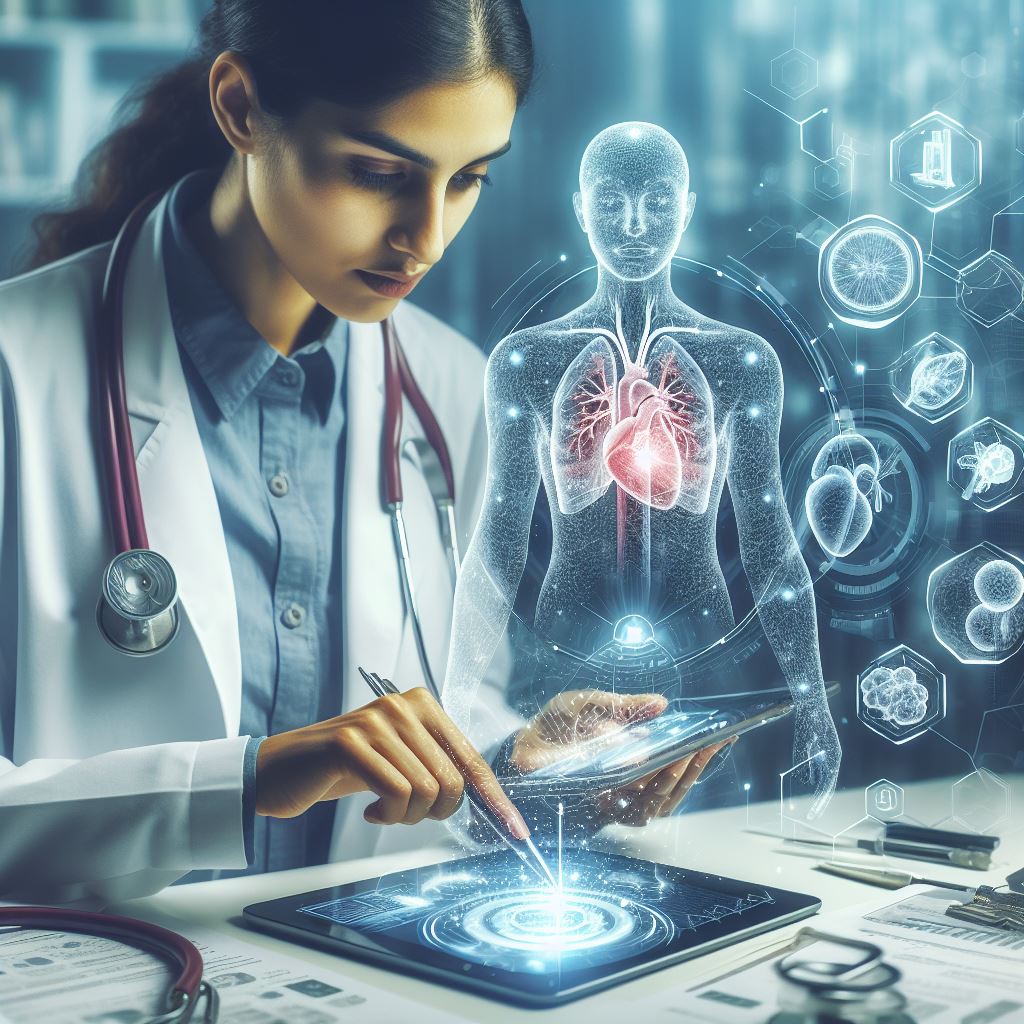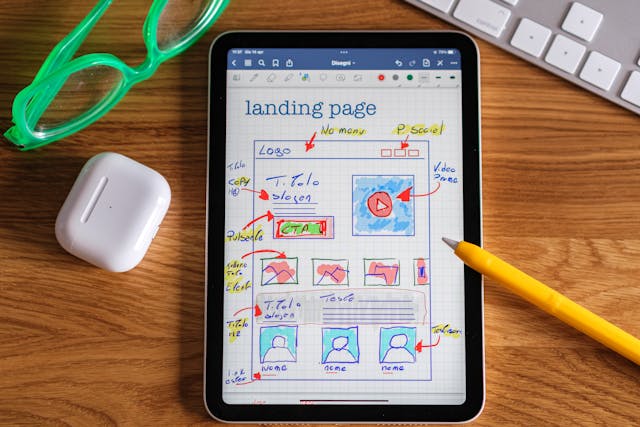
The Role of Information Technology in Modern Medicine
In today's technological age, information technology (IT) has become deeply integrated into nearly every aspect of the healthcare industry. From electronic health records and medical imaging to telemedicine and advanced treatment methods, IT plays a crucial role in enhancing patient care, improving operational efficiency, and driving medical innovations. Let's explore the various ways in which IT has transformed the landscape of modern medicine.
1. Electronic Health Records (EHRs)
One of the most significant applications of IT in healthcare is the adoption of electronic health records (EHRs). These digital repositories store patients' medical histories, diagnoses, medications, treatment plans, and test results in a secure and centralized manner. EHRs have revolutionized the way healthcare providers access and share patient information, improving coordination of care and reducing the risk of medical errors caused by incomplete or illegible paper records.
2. Medical Imaging and Diagnostics
Advanced imaging technologies, such as computed tomography (CT) scans, magnetic resonance imaging (MRI), and digital X-rays, rely heavily on IT systems for capturing, storing, and analyzing medical images. Picture Archiving and Communication Systems (PACS) allow healthcare professionals to access and share these images seamlessly, facilitating accurate diagnoses and timely treatment decisions.
3. Telemedicine and Remote Patient Monitoring
IT has enabled the development of telemedicine, which allows healthcare providers to remotely evaluate, diagnose, and treat patients through video conferencing, remote monitoring devices, and secure data transmission. Telemedicine has proven invaluable in providing care to patients in remote or underserved areas, reducing the need for unnecessary hospital visits, and facilitating timely interventions.
4. Clinical Decision Support Systems (CDSS)
Clinical Decision Support Systems (CDSS) are IT-based tools that assist healthcare professionals in making informed clinical decisions. These systems utilize algorithms, evidence-based guidelines, and patient data to provide real-time alerts, reminders, and recommendations, helping to improve diagnostic accuracy, treatment planning, and patient safety.
5. Medical Research and Data Analytics
IT plays a pivotal role in medical research and data analytics. Powerful computing systems and advanced analytical tools enable researchers to process vast amounts of data, identify patterns, and gain insights that can lead to new medical discoveries, personalized treatments, and improved patient outcomes.
6. Healthcare Information Systems (HIS)
Healthcare Information Systems (HIS) are comprehensive IT solutions that integrate various healthcare functions, such as patient administration, electronic medical records, billing, and supply chain management. These systems streamline operations, improve data accessibility, and enhance overall organizational efficiency within healthcare facilities.
7. Robotic Surgery and Assistive Technologies
Robotic surgical systems and assistive technologies have been made possible through the integration of IT and advanced engineering. These technologies allow for precise, minimally invasive procedures, enhancing surgical outcomes and reducing recovery times for patients.
8. Mobile Health (mHealth) Applications
The proliferation of mobile devices and apps has given rise to mobile health (mHealth) applications. These apps enable patients to track their health metrics, receive reminders for medication adherence, and access educational resources, empowering them to take an active role in managing their well-being.
While the integration of IT in medicine has transformed healthcare delivery, it also presents challenges related to data security, privacy concerns, and the need for continuous training and adaptation to new technologies. However, the potential benefits of leveraging IT in healthcare are immense, from improving patient outcomes and reducing healthcare costs to driving medical innovations and enhancing the overall quality of care.
As technology continues to evolve rapidly, the role of IT in medicine will become even more essential, paving the way for a more efficient, data-driven, and patient-centric healthcare system.






(0) Comment